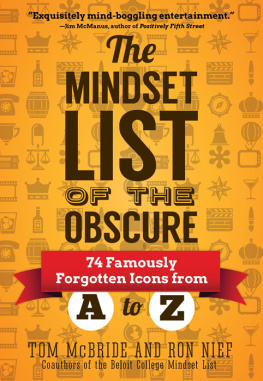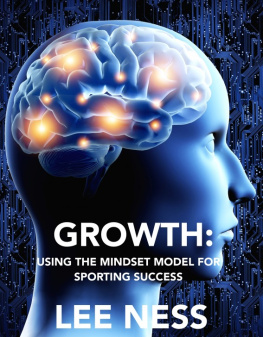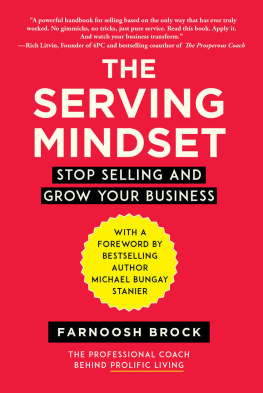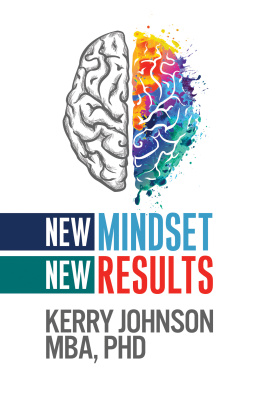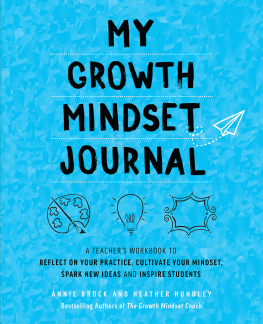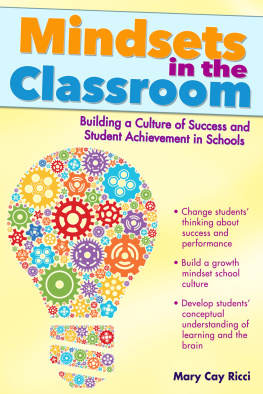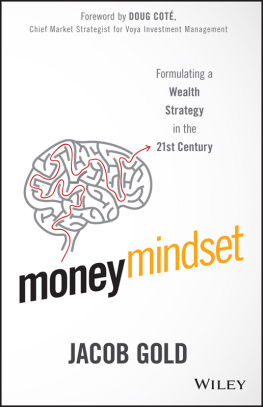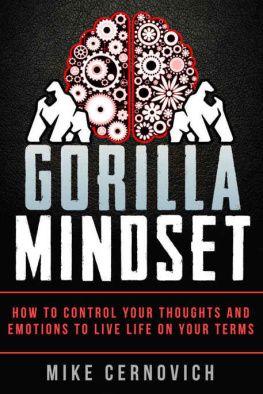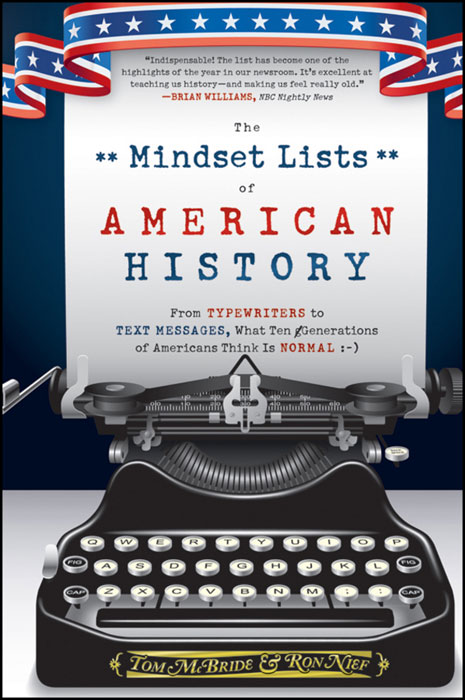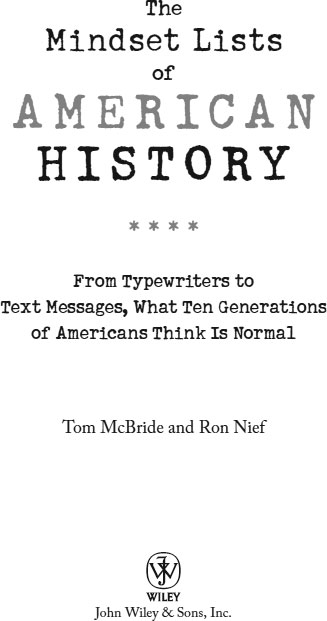Tom McBride - The Mindset Lists of American History: From Typewriters to Text Messages, What Ten Generations of Americans Think Is Normal
Here you can read online Tom McBride - The Mindset Lists of American History: From Typewriters to Text Messages, What Ten Generations of Americans Think Is Normal full text of the book (entire story) in english for free. Download pdf and epub, get meaning, cover and reviews about this ebook. year: 2011, publisher: John Wiley & Sons, Ltd., genre: Detective and thriller. Description of the work, (preface) as well as reviews are available. Best literature library LitArk.com created for fans of good reading and offers a wide selection of genres:
Romance novel
Science fiction
Adventure
Detective
Science
History
Home and family
Prose
Art
Politics
Computer
Non-fiction
Religion
Business
Children
Humor
Choose a favorite category and find really read worthwhile books. Enjoy immersion in the world of imagination, feel the emotions of the characters or learn something new for yourself, make an fascinating discovery.

- Book:The Mindset Lists of American History: From Typewriters to Text Messages, What Ten Generations of Americans Think Is Normal
- Author:
- Publisher:John Wiley & Sons, Ltd.
- Genre:
- Year:2011
- Rating:3 / 5
- Favourites:Add to favourites
- Your mark:
The Mindset Lists of American History: From Typewriters to Text Messages, What Ten Generations of Americans Think Is Normal: summary, description and annotation
We offer to read an annotation, description, summary or preface (depends on what the author of the book "The Mindset Lists of American History: From Typewriters to Text Messages, What Ten Generations of Americans Think Is Normal" wrote himself). If you haven't found the necessary information about the book — write in the comments, we will try to find it.
Snapshots of the U.S.s last nine generations--from the creators of the Mindset List media sensation
Just as high school graduates in 1957 couldnt imagine life without zippers, those of 2009 cant imagine having to enter phone booths and deposit coins in order to call someone from the street corner. Every August, the Mindset List highlights the cultural touchstones that have shaped the lives of that years incoming college class. Now this fascinating book extends the Mindset List approach to dramatize what it was like to grow up for every American generation since 1880, showcasing the remarkable changes in what Americans have considered normal about the world around them.
- Expands Tom McBride and Ron Niefs popular annual Mindset Lists to explore the mindset of nine generations of Americans, from 1880 to the future high school graduates of 2030
- Offers a novel and absorbing way to understand the frame of reference of Americans through history, whether its the high school grads of 1918, who viewed riding an elevator as a thrill second only to roller coasters, or those of 2009, who have always thought of friend as an active verb
- Puts a human face on the evolution of historical changes related to technology, the struggle for rights and equality, the calamities of war and depression, and other areas
- The annual Mindset List garners extensive media attention, including on Today, The Early Show, the NBC Nightly News, CNN, and Fox as well as in the Wall Street Journal, the New York Times, USA Today, the Los Angeles Times, Time magazine, and hundreds of international publications
Whatever your own generational mindset, this book will give you an entertaining and important new tool for understanding the unique perspective and experience of Americans over more than a hundred and fifty years.
Tom McBride: author's other books
Who wrote The Mindset Lists of American History: From Typewriters to Text Messages, What Ten Generations of Americans Think Is Normal? Find out the surname, the name of the author of the book and a list of all author's works by series.

